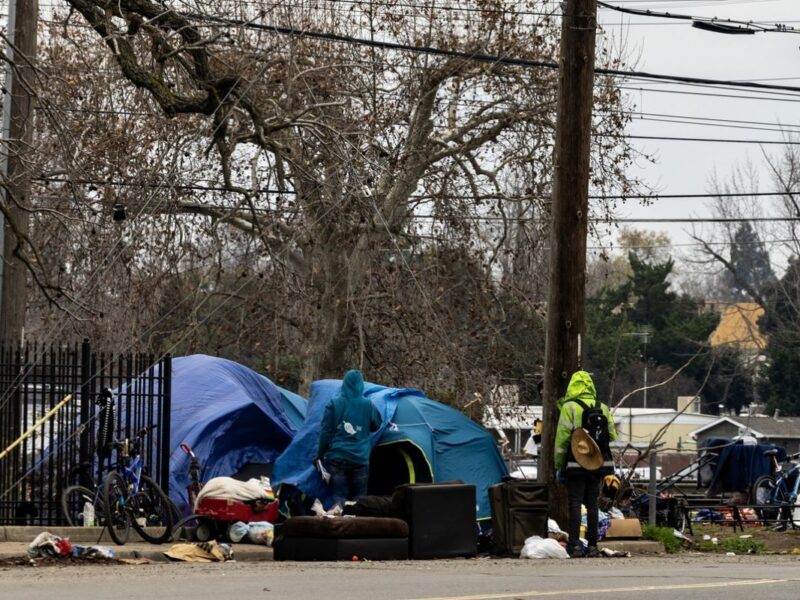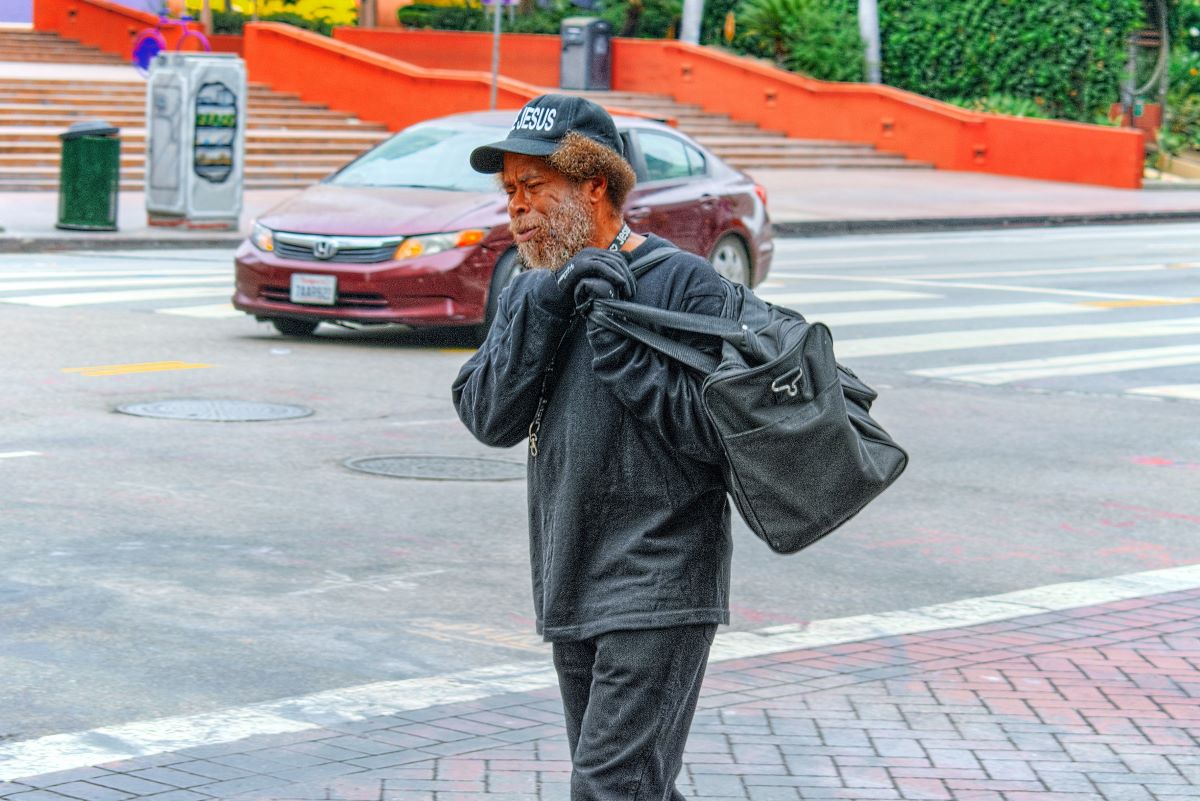The Short Answer Is: with Great Difficulty. The Full Answer, However, Is More Complex
Oftentimes, when a visibly homeless person is seen in passing, someone will hurl the snarky remark, “Get a job.”
In those three words lies a rather hefty demand that, once broken down with facts, makes very little sense. After all, how can people crippled by the desolate state of homelessness find viable employment? Depending on who you ask, the answer may vary.
Answer 1: They Can’t Get a Job
According to the National Law Center on Homelessness and Poverty, unemployment is the second leading cause of homelessness. High unemployment rates reflect a socio-economic issue that is not in the control of any person.
If someone experiences unemployment and that unemployment causes them to become homeless, it will be much more difficult for them to find another job than it would have been if they remained housed. Reasons for this are abundant. Some of the most common obstacles unhoused people have to unemployment include:
- Poor credit as the result of eviction, unemployment, or both
- Lack of a physical address
- Inability to maintain a hygienic appearance during the interview process due to not having access to running water, electricity, newer clothing, proper footwear, and toiletries
- Disabilities
- Lack of access to transportation
- Loss of photo identification (This can happen during the initial displacement process, such as an eviction, a destructive storm, or getting kicked out of the home. Or it can happen during subsequent displacements like encampment clearings or arrests. Having no photo identification is a serious barrier to obtaining legal employment.)
- Lack of access to the Internet and other job-hunting resources
These are just a few obstacles that might prevent an unhoused person from obtaining gainful employment, but here’s where it gets more complicated. Lots of people living unhoused are already employed. This brings us to answer 2.
Answer 2: They Already Have a Job
Research shows that more than half the homeless population (53%, to be precise) is already employed. This statistic speaks volumes against the narrative that homeless people don’t want to work hard. If anything, the fact that they continue to drag themselves to positions of employment that don’t even pay them a living wage suggests their work ethic exceeds that of the average housed American.
Indeed, many homeless people have more than one job, but in a climate where housing pricing has increased at quadruple the median wage rate, sometimes even two jobs are not enough to afford a home.
There is plenty of data to support this view. For instance, the hourly rate needed to afford rent in the United States in 2023 is about $21 per hour. However, CNN Money reports that most American jobs feature a wage of less than $20 an hour. This means the overwhelming majority of full-time employment income is insufficient to meet the needs of a typical renter.
Meanwhile, minimum-wage workers cannot afford the national median rental rates even if they work multiple jobs. This is a huge factor in the latest surges of homelessness, as America’s working poor class continues to be squeezed out of the housing market.
Answer 3: They’re Going to Lose Their Job When They Are Forced into Sanctioned Encampments
There has been a subtle shift in the political landscape of American homelessness. Lately, politicians are pushing to prioritize sanctioned encampment residency over housing-first strategies.
This means that many working homeless people will soon lose their jobs due to sanctioned encampment policies. Why? Because sanctioned encampments tend to feature hours of operation only viable for people with “traditional working hours,” i.e., a 9-5 employment position.
If an encampment has a closed-door policy that starts at 9 pm, second and third-shift workers will be forced to quit their jobs thanks to policies created by the same people who keep telling them to get jobs. This is one of the most abhorrent examples of taking a negative stereotype and forcing it into existence.
Getting a Job is NOT a Fits-All Cure to Homelessness
The most unnerving aspect of this snarky comment isn’t the demand but the implication. By telling an unhoused person to “get a job,” the speaker implies that employment would completely fix the housing issues that devastate the country one person at a time.
In today’s economy, nothing could be further from the truth. Sure, there’s a surplus of job openings across the United States, but most of those “employment opportunities” are still open because they’re not paying a livable wage.
Imagine the hard-working laborers in America’s tent cities who are ironing their uniforms in the back of a van with a dead battery. They are missing the line for the warming shelter and sleeping on the streets because they work the graveyard shift in a hospital.
We want to believe these are the exceptions, but with more than half of homeless people being active members of the labor force, it’s safe to say they are the norm.
Urge Your Local Representatives to Make Housing a Human Right
Homelessness is becoming ever-more profitable for the elite class, which means we will likely see more of it in faces that are more familiar as time passes.
Even so, there is still hope that we can turn things around by acting immediately. Urge your local representatives to make housing a human right for all today.













